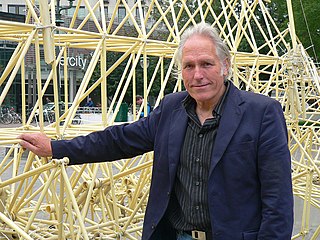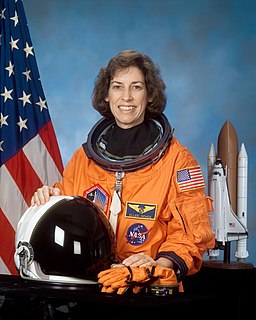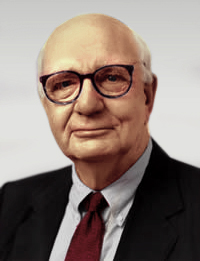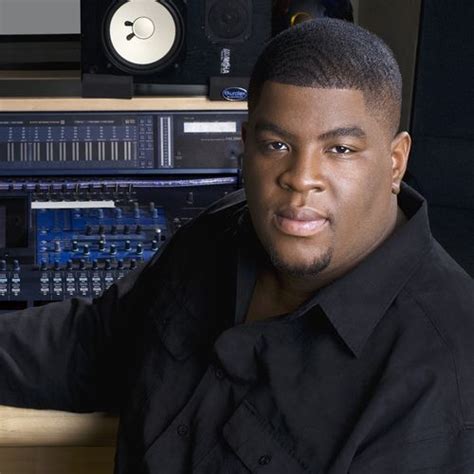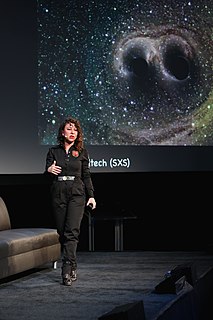A Quote by Alex Garland
I'm just interested in science, and I try to keep track of what's going on and get my head around it - inflation, the multiverse, whatever. It's very hard for me because I don't have a scientific background, and I wasn't any good at science at school, but all of that stuff I just find incredibly attractive and fascinating.
Related Quotes
It’s hard to build models of inflation that don't lead to a multiverse. It’s not impossible, so I think there’s still certainly research that needs to be done. But most models of inflation do lead to a multiverse, and evidence for inflation will be pushing us in the direction of taking [the idea of a] multiverse seriously.
Textbook science is beautiful! Textbook science is comprehensible, unlike mere fascinating words that can never be truly beautiful. Elementary science textbooks describe simple theories, and simplicity is the core of scientific beauty. Fascinating words have no power, nor yet any meaning, without the math.
I liked science very much. A science teacher in high school inspired me, and because of him, I began studying science at the university. But when I got there... well, the subject still attracted me a lot, but I had to do all these exams, and it was just like working in an office. I couldn't stand that.
In the future, I just think that as far as when it comes to me and my music, I'm trying to help be the catalyst for whatever is going to inspire more people and keep a great creative community going. Whatever I can do to make everyone's records better, not just my own, just hopefully keep the whole flow of stuff going in a good direction. That's what I'll be doing, so look forward to whatever I'm involved with it and hopefully I can inspire the next generation.
I don't require that the main guest [of StarTalk] have any science knowledge or background at all. It's just, I have a conversation with them, it's long and winding, and we find out what parts of what we learn about the person lend themselves to further scientific discussion with an expert who is brought into the studio. So that's how that comes together.
The whole point of science is that most of it is uncertain. That's why science is exciting--because we don't know. Science is all about things we don't understand. The public, of course, imagines science is just a set of facts. But it's not. Science is a process of exploring, which is always partial. We explore, and we find out things that we understand. We find out things we thought we understood were wrong. That's how it makes progress.
I wouldn't be in a huge hurry to go back to Kansas. It was just bizarre. There's a lot of very, very heavy set people who believe in whatever they were told, because they didn't seem to get out very much or be interested in leaving where they were. They just didn't seem that curious, and I find that a little hard to deal with.
Look, science is hard, it has a reputation of being hard, and the facts are, it is hard, and that's the result of 400 years of science, right? I mean, in the 18th century, in the 18th century you could become an expert on any field of science in an afternoon by going to a library, if you could find the library, right?




